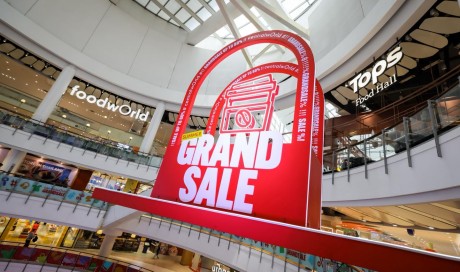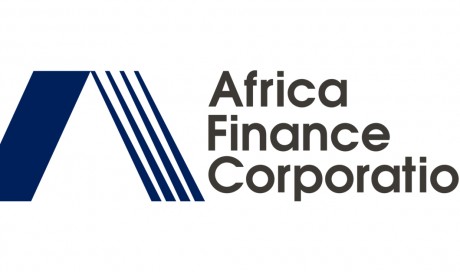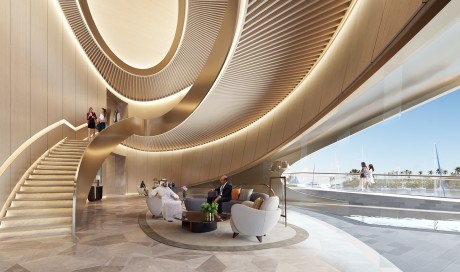Three years ago on Monday, I stood in Maidan square in Kiev, among the tents and barricades erected by a hardcore of protesters still camped out there, refusing to leave until the government had finally rid itself of corruption. Stalls sold toilet paper with Russian president Vladimir Putin’s face on it. The atmosphere remained charged.
The square was the site of Ukraine’s Euromaidan revolution that ousted the country’s former president, Viktor Yanukovych, in February 2014. Just two months later, in early spring, pro-Russia separatists had seized buildings in cities across eastern Ukraine. By July, fighting between them and the Ukrainian army had intensified. Maidan was a centre of gossip about the war in the country’s east.
News came in about a civilian plane crash. Details were sketchy but it soon became clear that Malaysia Airlines Flight MH17, travelling from Amsterdam to Kuala Lumpar, had been shot down, killing all 283 passengers and 15 crew on board.
The political fallout was huge. Thus far, the fighting in Ukraine had extended only to Russian and Ukrainian – largely military – casualties. Now more than 200 EU and foreign civilians were dead.
The then British prime minister David Cameron was unequivocal: “President Putin faces a clear choice in how he decides to respond to this appalling tragedy. I hope he will use this moment to find a path out of this festering and dangerous crisis by ending Russia’s support for the separatists,” he said in an address to the Commons.
Cameron talked tough. But he did little. And herein lies the problem. After Flight MH17 was shot down, an international joint investigation team was set up to discover what exactly had happened. Last year, it concluded that a Buk missile system from Russia had been driven to rebel-controlled eastern Ukraine, where it shot down MH17 before returning home the same day. Moscow’s culpability was not in doubt. But three years on, not one single person has been arrested, let alone prosecuted. And in the meantime, the families of 298 victims continue to grieve with no possibility of justice in sight.
The MH17 tragedy illustrates two things: first, an increasingly aggressive Russia is becoming more of a problem not less. While the world has turned its eyes from the Ukraine conflict, it continues to rage. Second, that we in the west, especially Britain – with a City of London that Russia uses to launder its dirty money – are complicit. According to Ben Judah, author of the Kleptocracy Curse: “Two powerful trends meet in London: the rise of the offshore financial system and the rise of globalised authoritarians.”
And there is no greater example of globalised authoritarianism than Putin, and the elites that surround him. According to Judah’s research, the London financial system has become a capital of Russian money laundering. The Financial Services Authority, before its dissolution, estimated that money laundering accounted for 3.6% of British GDP. Property is the primary asset through which offshore companies launder dirty money in London, Judah tells me. Anonymous offshore companies now own more than 37,000 properties in the capital – amounting to more than 2.25 square miles. The National Crime Agency has warned that the scale of money laundering in London constitutes “a strategic threat to the UK’s economy and reputation”.
Kremlin elites own our mansions, their children attend our finest schools; they buy our art and football clubs. They pay our lawyers. Russian influence in Britain is greater than at any point during the cold war. And, while Moscow will tolerate perfunctory condemnation of what it does in Ukraine, decisive action is off the table: “Our people own large parts of your capital and its institutions. Mess with us at your peril.”
This state of affairs is unacceptable. Britain must push back – and, in fairness, it has been better on this issue than many of its European counterparts. But its efforts are still insufficient. This must change. First, we must reaffirm our commitment to European unity – even during a time of Brexit. Only a united Europe can combat the Kremlin. Second, we must overhaul financial regulations. In this area, Labour has the right policies.
We must set up an immediate national enquiry to develop a strategy to combat tax avoidance and kleptocracy. No anonymous companies should be allowed to do business or own assets in Britain. The government must create a public register of all trusts showing their assets and beneficiaries as a matter of urgency. At all times, greater transparency is the goal. These policies alone won’t cure London’s corruption epidemic. But they are a start.
Just as we once helped to contain Soviet military power, we must now help to contain Russian financial power. Until this happens there will be no justice for the 298 civilians who died on that tragic day three years ago.
Share This Post















